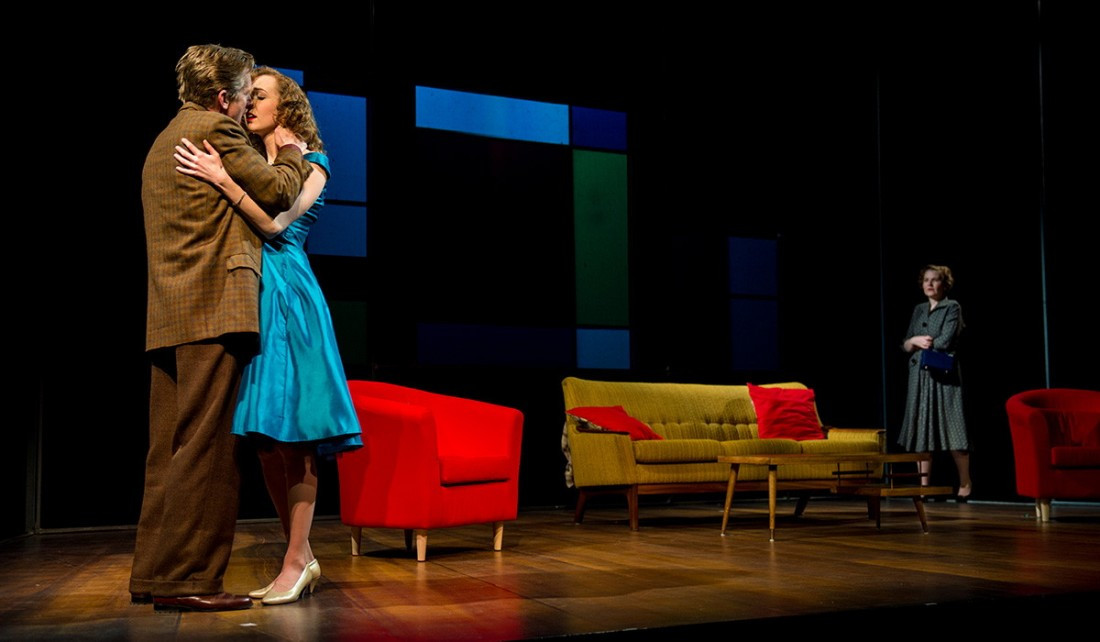Chekhov crosses cultures
Winnipeg Jewish Theatre and Winnipeg Mennonite Theatre present plays by the Russian dramatist
The 14th annual Master Playwright Festival, presented by the Royal Manitoba Theatre Centre, is showcasing the work of Russian dramatist Anton Chekhov until February 9.
In 2001, the first Master Playwright Festival, BeckettFest, featured 10 companies performing the works of Irish playwright Samuel Beckett. By comparison, ChekhovFest features 21 companies performing in 19 different venues.
Amongst the companies paying tribute to Chekhov are the Winnipeg Mennonite Theatre (WMT), which is presenting Three Sisters, and the Winnipeg Jewish Theatre (WJT), which is delivering its take on Ivanov.
Mariam Bernstein, who received her BA from the University of Winnipeg in 1982, directs Ivanov.
Her directorial debut with WJT was in 1995 with Sheldon Oberman’s play The Always Prayer Shawl. Bernstein is directing a version of Chekhov’s four-act play adapted by WJT artistic director Michael Nathanson, whose play Talk was a finalist for the Governor General’s Award for Drama in 2009.
“Any play we select has to fit our company’s mandate, it has to speak to the Jewish community or be written by a member of the Jewish community,” Bernstein says. “This is the only one of his plays in which Chekhov deals openly with anti-Semitism.
“Ivanov searches for meaning. Chekhov wanted to rid Russian literature of the man wallowing in depression, the superfluous man who wallows in his state. Ivanov is struggling with it, but he tries to get out of it, but because of where society is at he cannot move forward.”
Alfred Wiebe, who has worked with WMT since 1974, directs Three Sisters. He started directing when he was in teacher’s college in the first half of the 1960s. Wiebe went on to direct plays with what is now Westgate Mennonite Collegiate, and later joined WMT.
Wiebe says WMT has no mandate to present works that are specifically rooted in the Mennonite community.
“One can be pretty creative,” Wiebe says. “Three Sisters has a Mennonite connection because it is set in Russia, and I certainly remember stories my grandmother told me that happened during the time in which the play is set.”
He chose Three Sisters after seeing it at the Stratford Festival.
“The play is over 100 years old and the people in the play remind me of the stories my grandmother told. I think the problems these people face are very up-to-date problems,” Wiebe says.
“You have a play where the playwright is basically saying there is no meaning in life except the meaning you create for yourself and it’s possible to create your meaning by finding meaningful work,” he says. “If you’re interested in interactions between people, and everyday life kind of situations, real people with psychological insight into real people, you should come and see it, there’s even quite a bit of humour in it.”
Published in Volume 68, Number 19 of The Uniter (February 5, 2014)







